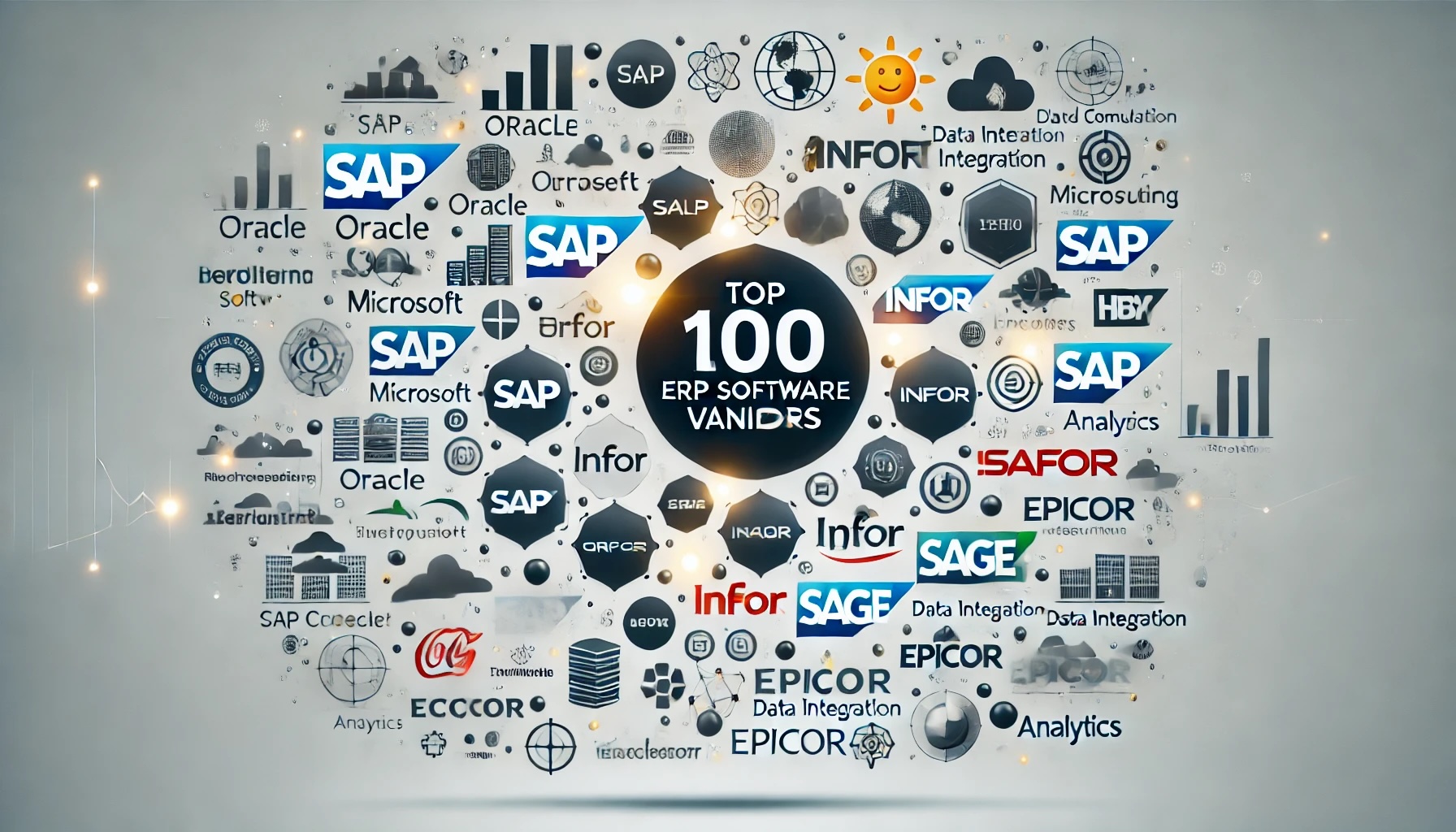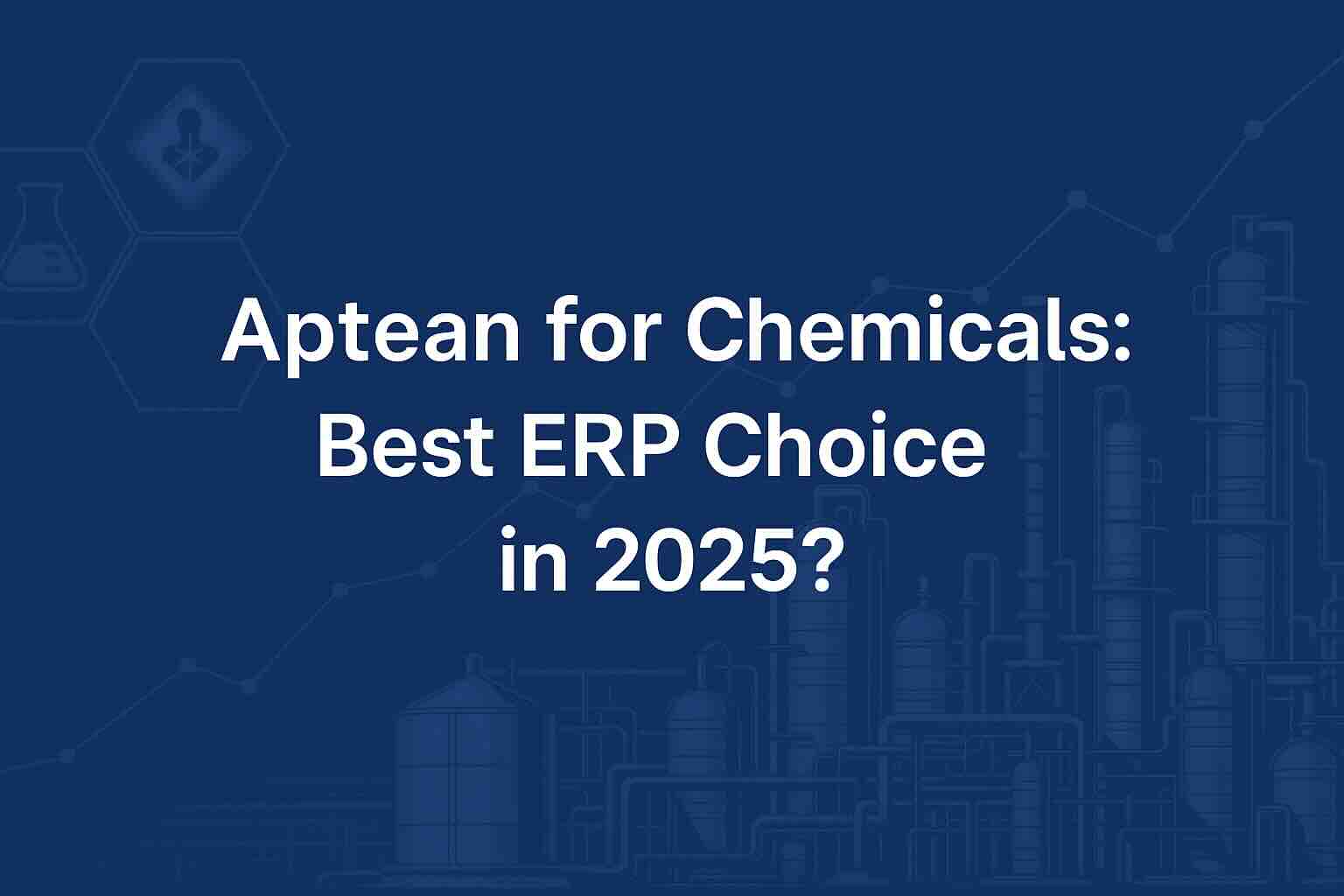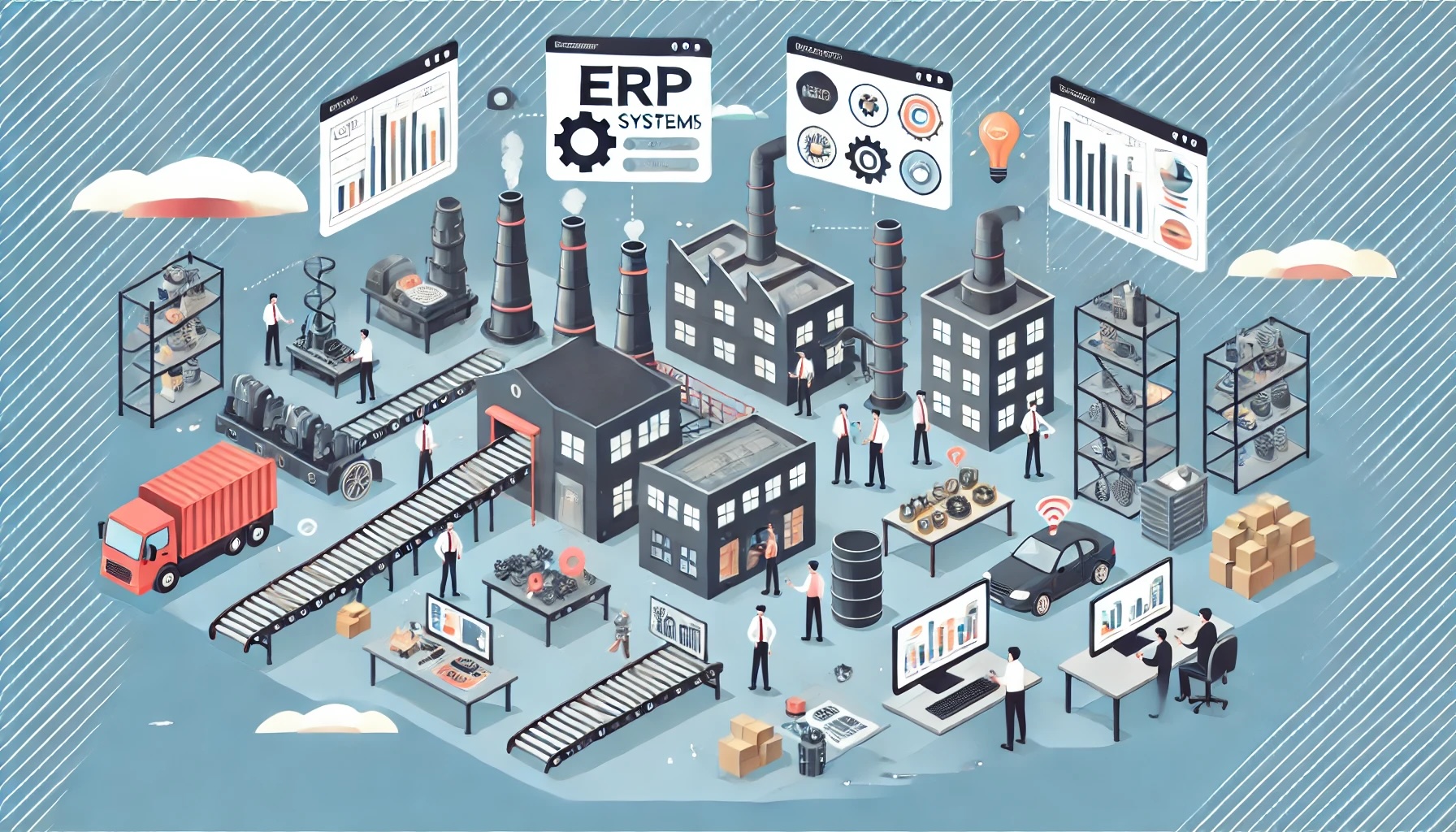Compare the Best Business Management Software

Enterprise Resource Planning (ERP) software is essential for managing a business’s core processes in one integrated system. The best ERP business management software helps streamline operations, improve data accuracy, and support scalability, allowing businesses to operate more efficiently. Here, we’ll compare leading ERP software solutions to help you determine which is best suited for your business needs.
Key Considerations for Choosing ERP Software
When evaluating ERP software, consider the following:
- Functionality: Does the software cover critical business areas such as finance, inventory, HR, and supply chain?
- Scalability: Can it grow with your business’s evolving needs?
- Integration: Does it integrate well with existing tools?
- Ease of Use: Is it intuitive and easy for your team to adopt?
- Cost: Does it fit within your budget?
- Support: Is customer support available for troubleshooting and training?
Top ERP Business Management Software Comparison
1. SAP Business One
Overview: SAP Business One is a comprehensive ERP solution designed specifically for small to medium-sized businesses. It offers powerful tools for finance, inventory, and supply chain management.
Key Features:
- Real-time data and reporting for proactive decision-making
- Comprehensive financial and accounting tools
- Inventory, distribution, and warehouse management
Pros:
- Industry-proven solution with global support
- Reliable real-time data and analytics
- Flexible deployment options (cloud, on-premises, or hybrid)
Cons:
- Can be time-intensive to implement
- Higher costs may be prohibitive for very small businesses
To find out more about SAP Business One you can click this link.
2. NetSuite by Oracle
Overview: NetSuite is a cloud-based ERP system that provides a full suite of applications, including finance, CRM, and e-commerce, making it a popular choice for growing companies.
Key Features:
- Unified platform for financials, CRM, and e-commerce
- Customizable dashboards with real-time insights
- Advanced reporting and analytics
Pros:
- Highly scalable, suitable for mid-sized to large businesses
- Real-time visibility across departments and business functions
- Strong customer support and regular updates
Cons:
- Premium pricing, especially for smaller businesses
- Can be complex to customize and set up
To find out more about NetSuite you can click this link.
3. Microsoft Dynamics 365
Overview: Microsoft Dynamics 365 combines ERP and CRM functionalities in a single platform, offering robust tools for enterprises with complex operational needs.
Key Features:
- Seamless integration with Microsoft Office and Azure cloud
- AI-driven insights for proactive decision-making
- Industry-specific solutions for finance, retail, and manufacturing
Pros:
- Comprehensive ERP capabilities with CRM integration
- Scalable solution ideal for enterprises
- Advanced analytics powered by AI
Cons:
- Higher cost suitable for larger enterprises
- Steep learning curve; some training may be required
To find out more about Microsoft Dynamics you can click this link.
4. Odoo
Overview: Odoo is an open-source ERP solution with modular applications covering areas such as CRM, accounting, inventory, and HR. It’s known for its flexibility and customization options.
Key Features:
- Modular design allows businesses to choose only necessary apps
- Integrated tools for sales, accounting, HR, and project management
- Strong community support for open-source users
Pros:
- Highly customizable, suitable for diverse business needs
- Scalable, with options for small to large businesses
- Affordable, with an open-source option
Cons:
- Initial setup can be complex and may require technical expertise
- Advanced features may have a learning curve for users
To find out more about Odoo you can click this link.
5. Acumatica
Overview: Acumatica is a cloud-based ERP solution for small and mid-sized businesses, offering strong features for accounting, inventory management, and customer relationship management.
Key Features:
- Real-time data and customizable reports
- Robust tools for financial, project, and inventory management
- Flexible deployment options and accessibility from any device
Pros:
- User-friendly interface, ideal for smaller teams
- Scalable with pay-as-you-grow pricing model
- Excellent mobile support and flexible deployment
Cons:
- Limited functionality for highly specialized industries
- Some features require additional modules or integrations
To find out more about Acumatica you can click this link.
6. Infor CloudSuite
Overview: Infor CloudSuite is a powerful ERP platform designed for a range of industries, including manufacturing, healthcare, and retail, with specific features tailored to industry needs.
Key Features:
- Comprehensive suite covering finance, supply chain, and HR
- Industry-specific functionality for targeted business needs
- Cloud-based with real-time insights and data analytics
Pros:
- Industry-specific solutions for highly specialized businesses
- Cloud-based with global accessibility
- Strong data analysis tools for informed decision-making
Cons:
- More suitable for mid to large-sized businesses
- Premium pricing structure may be costly for smaller companies
To find out more about Infor you can click this link.
Conclusion
Selecting the best ERP business management software depends on your business size, industry, and budget. For small to medium-sized businesses, SAP Business One or Acumatica offer affordable, comprehensive ERP solutions. Mid-sized companies needing scalability may prefer NetSuite by Oracle or Odoo for their flexibility. Larger enterprises with complex needs may benefit from Microsoft Dynamics 365 or Infor CloudSuite for robust industry-specific functionality and AI-driven insights.
Make sure to try free demos and consult with team members who will use the software to assess its usability and fit for your processes. With the right ERP software, you can improve productivity, streamline operations, and support growth across your organization.
Final Tips for ERP Selection
- Plan for Integration: Ensure the ERP software can integrate seamlessly with your existing tools.
- Test Functionality: Use free trials to verify that the ERP system covers your operational needs.
- Consider Long-Term Growth: Choose a system that can scale as your business grows, providing both current functionality and future flexibility.
Careful evaluation of ERP options will help you select a solution that enhances efficiency and supports business growth.
To compare Business Management Solutions and many more, you can use our new AI-powered Compare ERP tool. It’s free to use and you get a guaranteed discount on your first year’s licence fees with a referral from Compare ERP.









